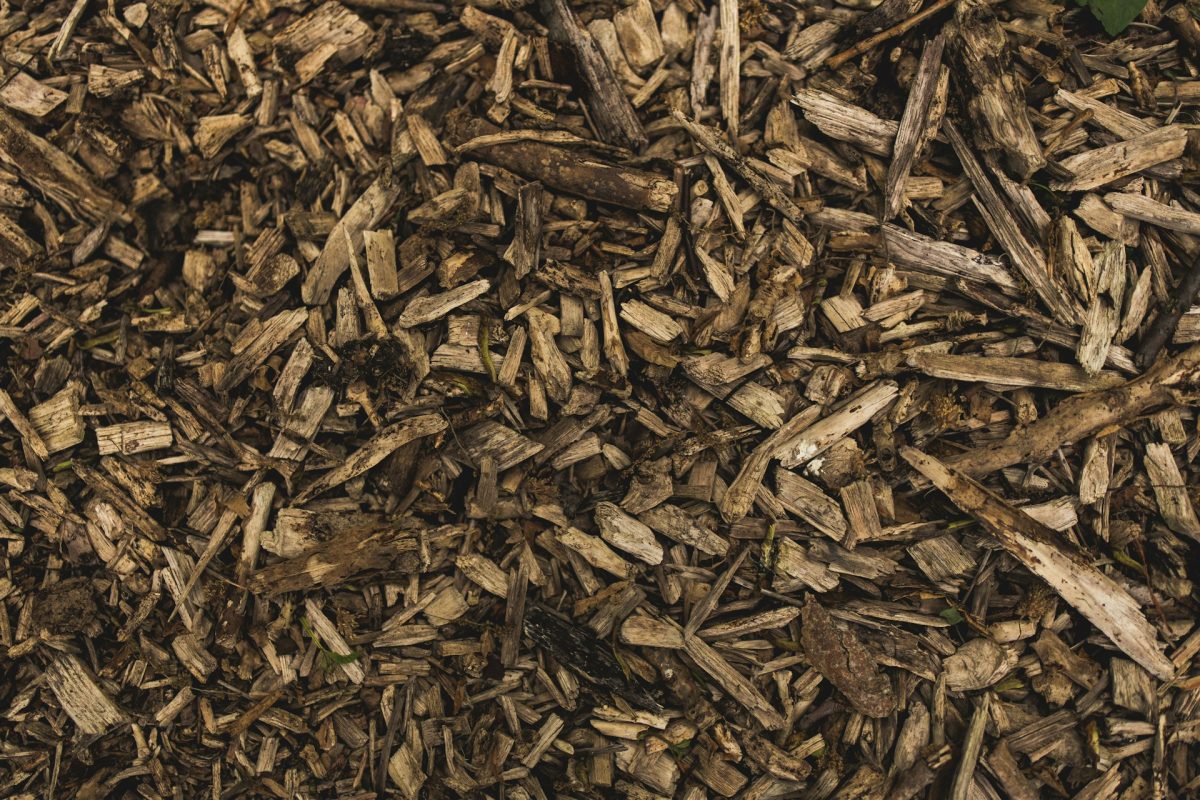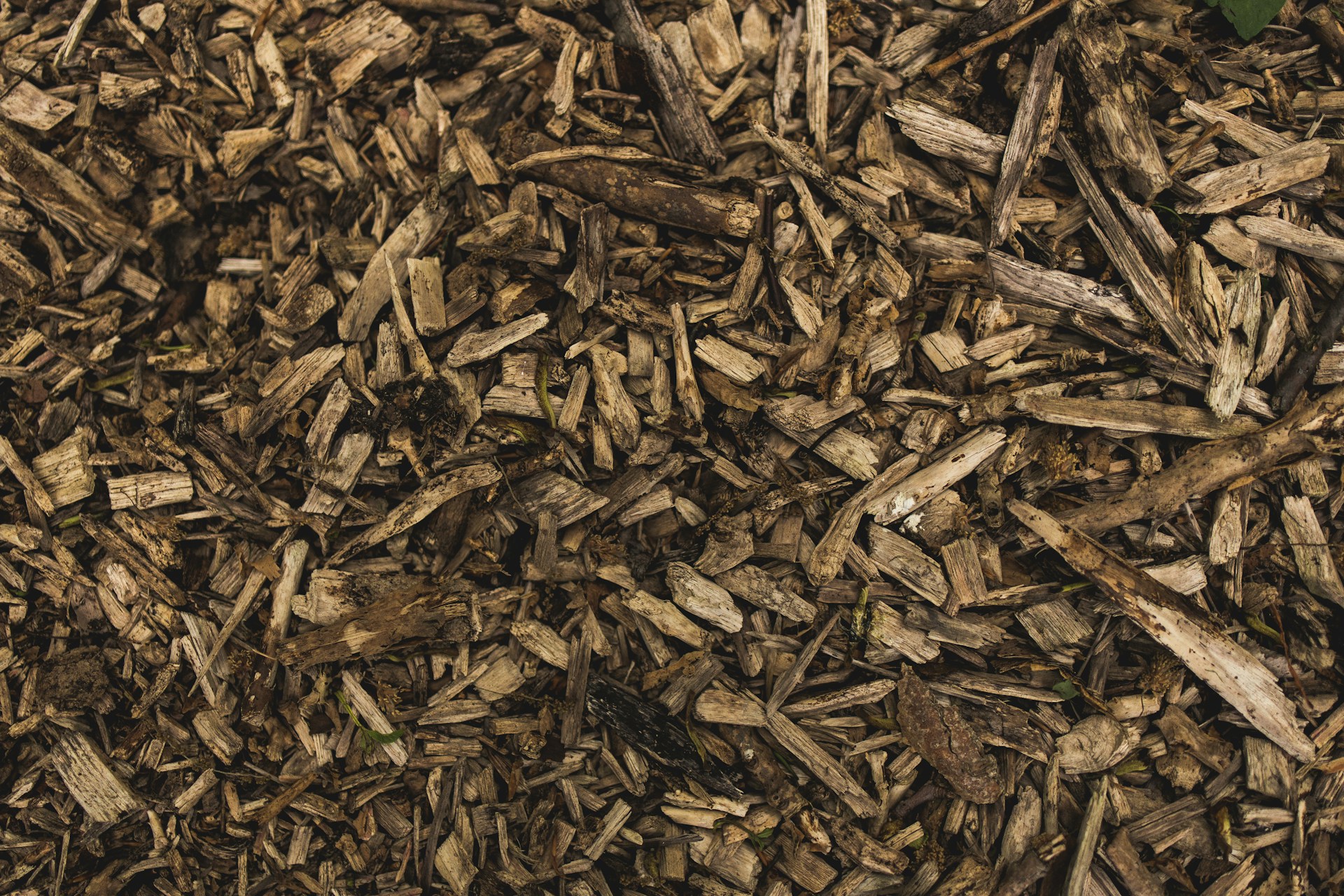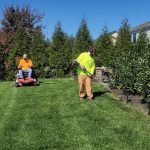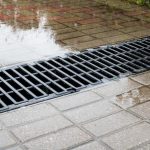
Mulching is a garden practice often hailed for its ability to elevate the health and aesthetics of your outdoor space. By spreading a layer of material over the soil, mulch serves as a protective shield, locking in moisture, preventing weed growth, and regulating soil temperature. Whether you’re maintaining a vegetable patch or a flower bed, choosing the right mulch not only enhances your garden’s appearance but also boosts its growth potential.
Selecting the ideal mulch is particularly significant in Elgin, Illinois, where summer conditions can challenge plant health. The right mulch will keep your garden thriving by conserving moisture during dry spells and preventing weed invasion. With so many options available, from organic to inorganic materials, picking the perfect type for your landscape can seem daunting. Let’s delve into the options to make this choice easier.
Types of Mulch
When it comes to mulch, the choices boil down to two main types: organic and inorganic. Each type offers unique benefits, making them suitable for different gardening needs.
1. Organic Mulches:
– Wood Chips and Bark: These are some of the most popular organic mulches. They decompose slowly, enriching the soil with nutrients. Wood chips are excellent for pathways or around trees and shrubs, where they can stay undisturbed.
– Straw: Commonly used in vegetable gardens, straw is lightweight and easy to spread. It breaks down relatively quickly, adding organic matter back into the soil.
– Compost: This is a powerhouse mulch that improves soil structure and nutrient content. It’s perfect for perennial beds and vegetable gardens.
2. Inorganic Mulches:
– Gravel: An option for those wanting a long-lasting, decorative layer. Gravel doesn’t decompose, so it’s maintenance-free, making it suitable for pathways or rock gardens.
– Rubber: Made from recycled tires, rubber mulch is durable and doesn’t attract pests. It’s ideal for playgrounds or areas that require a cushioned surface.
– Landscape Fabric: Primarily used under gravel or other permanent mulches to prevent weeds while allowing water and air to reach the soil.
Choosing between organic and inorganic mulches often depends on personal preference, garden needs, and the specific challenges your garden faces. Organic mulches are great for adding nutrients, while inorganic options might be a good fit for decorative or functional purposes in areas where minimal upkeep is desired. As you consider these choices, remember that each type supports your garden in its own way, helping you create a vibrant, resilient outdoor space.
Factors to Consider When Choosing Mulch
Selecting the right mulch involves more than settling for what looks good; it requires considering factors like soil type, plant needs, and local climate conditions. Determining the perfect mulch begins with understanding the soil you’re working with. Different mulches perform better in certain soil environments. For instance, wood chips are well-suited for nutrient-rich soils because they break down slowly. In contrast, gravel might be handy if you’re dealing with compacted or poorly draining soils, as it can prevent water from pooling.
Equally important is to match the mulch with the specific needs of your plants. For delicate flowers that crave steady moisture levels, compost or straw can provide the required hydration while adding organic matter to the soil. Meanwhile, trees and shrubs, which don’t require as much moisture retention, might benefit more from bark or wood chips. These types allow for airflow while providing a natural look to garden paths or around plant bases.
Elgin’s summer is another key aspect influencing your mulch choice. The hot temperatures can cause rapid evaporation, making moisture retention an ongoing battle. Mulches like shredded leaves or straw are beneficial in this region as they help retain moisture longer. By taking into account these factors, you ensure that the mulch you select meets your garden’s specific demands.
Benefits of Proper Mulch Installation
When mulch is installed correctly, it offers a multitude of benefits that can transform your garden’s health and appearance. One of the primary advantages is moisture retention. By acting as a barrier against the blazing sun, mulch helps keep soil moisture intact, ensuring plants get the hydration they need during Elgin’s dry spells. This means less frequent watering and healthier, more resilient plants.
Another advantage is its ability to suppress weeds. A decent layer of mulch blocks sunlight from reaching the soil, preventing weed seeds from germinating. This leads to cleaner beds and less time spent on weeding. For those who dislike reaching for the shovel every weekend, mulch is a helpful ally.
Finally, mulch plays a crucial role in regulating soil temperature. During those peak summer days, mulch buffers the heat, maintaining a consistent temperature for plant roots. This stability allows plants to grow without the stress caused by fluctuating soil conditions. Together, these benefits highlight the importance of not just choosing the right mulch, but also installing it properly.
How To Properly Install Mulch
Correct installation is key to reaping all the rewards mulch can offer. Start by preparing the garden bed; clear away old mulch or debris to give the new layer a fresh start. This step ensures that no decomposing material interferes with your new mulch, which can support pests or disease.
Applying the mulch can be straightforward:
– Spread it evenly around plants, making sure not to bury the stems or trunks. This prevents disease and allows airflow.
– Aim for a depth of 2 to 4 inches. Too thin a layer won’t provide ample protection, while overly thick mulches can suffocate the soil.
– Create a flat surface with the mulch to ensure water can penetrate down to the roots.
Once applied, maintenance helps keep it working effectively. Regularly check for areas where mulch may have thinned out and add more if needed. This ongoing care will keep your garden looking its best and performing optimally.
Transform Your Garden with Expert Mulch Installation
Mulch is more than just a decorative touch; it’s a powerhouse in maintaining garden health. By choosing the right type, considering factors like soil and climate, and installing it correctly, you set your garden on a path to success. Gardens in Elgin can especially benefit from this careful process, thriving under the protection of a well-chosen mulch. With all these considerations, your garden can achieve both beauty and resilience, turning it into a space you can truly enjoy.
Wrap up your garden transformation with expert care from Bright Green Landscapes. Whether you’re looking to conserve moisture or keep those pesky weeds at bay, a proper mulch installation is key. By choosing the right type for your environment, you can ensure your garden thrives even in challenging Elgin summers. Ready to enhance your garden’s health and appearance? Discover how our mulch installation service can make a difference.







